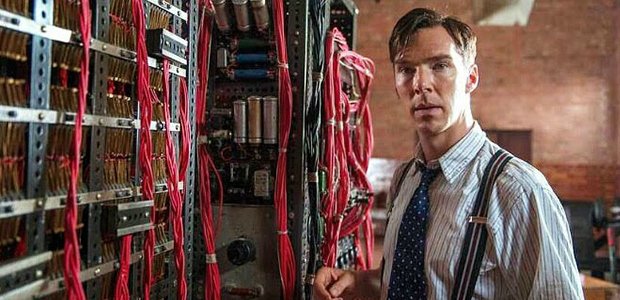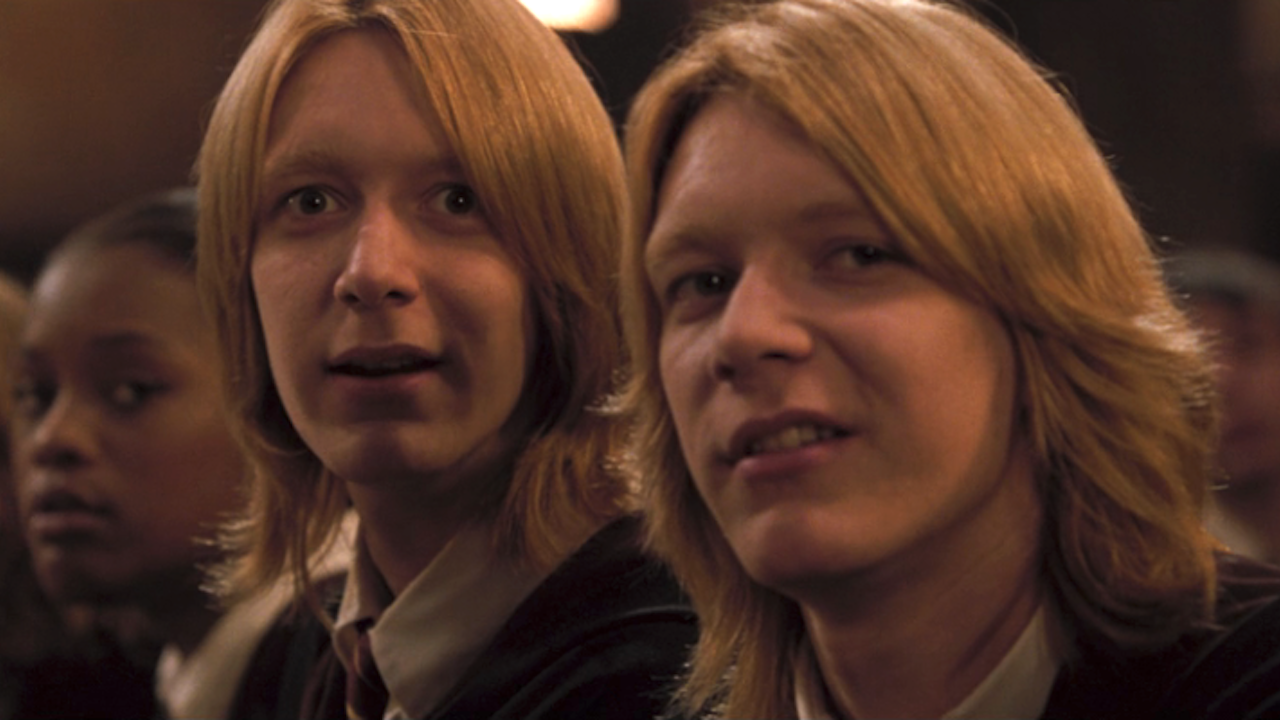Morten Tydlum’s The Imitation Game is a first-rate biopic, a thrilling espionage game that’s beautifully crafted and acted. To speak the film’s language – one of codes cracked by mathematicians – the movie equates. It’s also every bit as touching, tragic and romantic as it is intelligent and compelling. And yes, for those who keep track of these annual marathons, it is (or should be) an Oscar contender. Picture, director, screenplay, supporting actress and actor all seem to be in play.
Particularly Best Actor – yes, “Cumberbitches” – for Benedict Cumberbatch's calculated, lean, strong and confident portrayal of brilliant mathematician Alan Turing, who is recruited by the British government during time of war to help decipher Enigma, the machine the Germans use to encode their messages. To crack Enigma might mean to drastically shorten the war. But there is a lot more happening in The Imitation Game then the war effort.
“Pay attention,” we are warned, in a Sherlock-y, Khan tone. Alan Turing has secrets. Everyone has secrets at play in The Imitation Game, from the military brass who recruit Turing to the MI6 agent (Mark Strong) who shadows his progress. But few are quite as damaging, as life-altering as Turing’s secrets can (and will) be. If you know history, you know the progressing of this story. The Imitation Game guards its reveal until the one-hour mark, so I’ll steer clear of it for now. It will be a major talking point as the film begins to roll out and play to larger audiences. For now, here’s what I’m comfortable telling you.
Turing -- much like Benedict Cumberbatch’s iconic Sherlock Holmes portrayal -- is a hyper-intelligent, internalized sociopaths with little patience for inferior folks and a laser-focus on task. The task, in this case, could save thousands of military lives and, possibly, turn the tide in a global conflict. But Turing is supposed to be part of a team, and the men he’s supposed to collaborate with (personified by Matthew Goode, Matthew Beard and Allan Leech) can’t stand his aloof arrogance.
Before we can get too comfortable in the period-friendly awards-bait of the atmosphere in The Imitation Game, the movie dangles a bit of a bait and switch. Keira Knightley – the staple of historic dramas such as this – is introduced as Joan Clarke, an equally brilliant mathematician whose gender costs her a spot on Turing code-breaking team. In a conventional film, she’d be a love interest. The Imitation Game is not a conventional film. At the moment where a normal biopic would detour into possible romance, the “Pay attention” warning come back, and takes us down a different, more sobering path
The Imitation Game, to me, takes Benedict Cumberbatch’s Sherlock persona and writes it large for an awards-contending role. That’s not a bad thing. With his mannerisms, there are roles that he is tailored to play. Turing more is an example of Cumberbatch doing what he does better than anyone else. The race-the-clock code-breaking thriller wraps itself around the actor’s autistic, auteur personality – and everyone benefits because of it.
It’s Cumberbatch’s show, but everyone thrives. It is a beautifully shot, expertly crafted period drama. It’s guilty at times of succumbing to the melodramas that most awards contenders pack. But the thick tension of the shady espionage – and the eventual explanation of Alan’s beloved Christopher – help this brilliant, engrossing and largely amazing biopic connect on a mathematical and emotional level. This is something special, without a doubt.
Your Daily Blend of Entertainment News

Sean O’Connell is a journalist and CinemaBlend’s Managing Editor. Having been with the site since 2011, Sean interviewed myriad directors, actors and producers, and created ReelBlend, which he proudly cohosts with Jake Hamilton and Kevin McCarthy. And he's the author of RELEASE THE SNYDER CUT, the Spider-Man history book WITH GREAT POWER, and an upcoming book about Bruce Willis.

